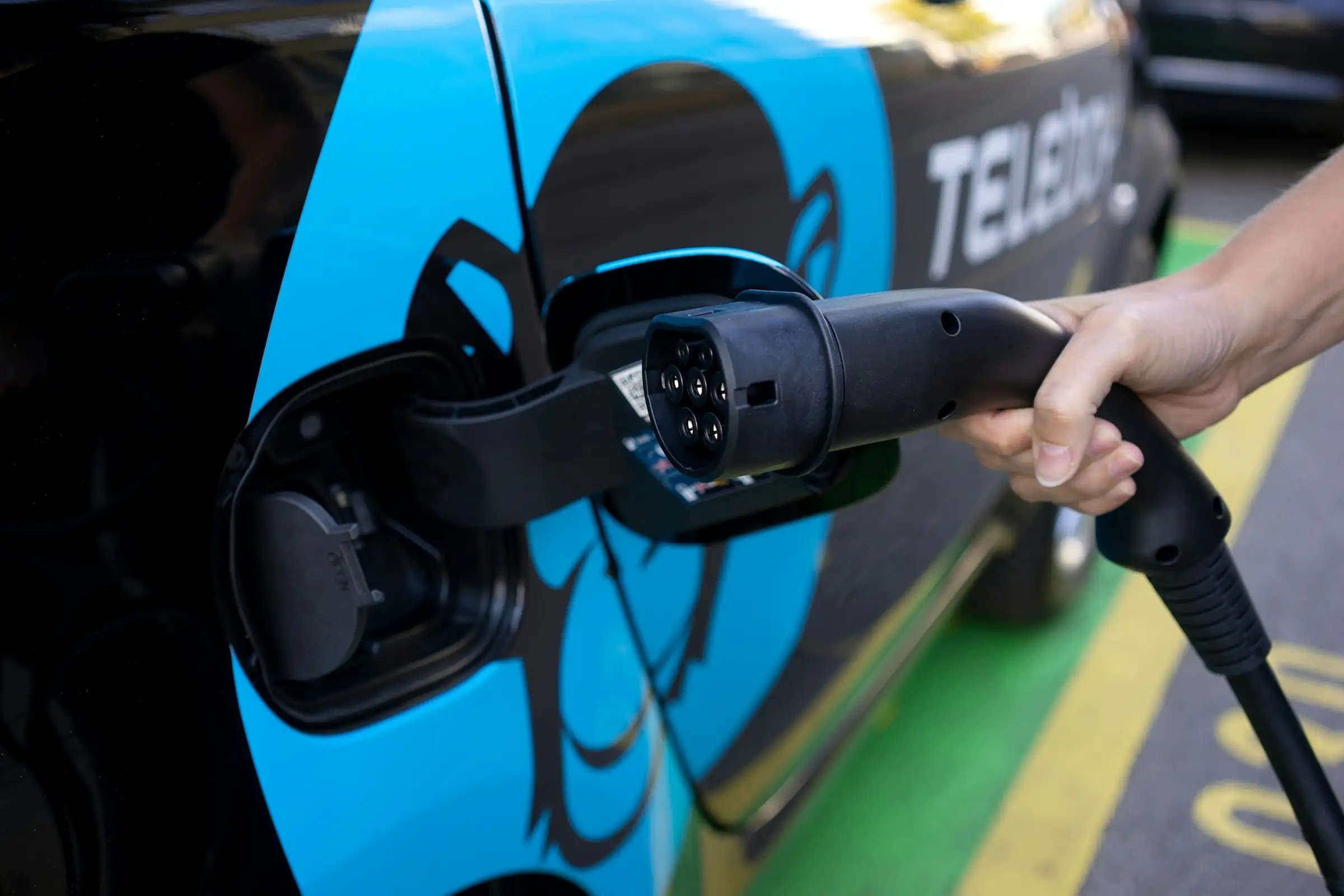Powering the Future: E-Fuels And The Decarbonized Economy

The energy landscape is constantly evolving in the pursuit of a sustainable future. Recently, a new player has joined the quest for a decarbonized economy. This new entity, called electronic fuel or e-fuel, addresses the pressing call to cut carbon emissions and serves as a vital link between our current infrastructure and a greener energy future.
Understanding E-Fuel and its Benefits
E-fuel, also known as electro-fuel, is a synthetic fuel produced using renewable electricity. These fuels are generated through energy sources like solar power, unlike traditional fossil fuels.
While renewable energy sources such as solar and wind power are crucial components of a sustainable future, their intermittent nature poses challenges for consistent energy production. E-fuels offer a solution by acting as energy carriers that can store excess renewable electricity during periods of abundance. This stored energy can then be released when demand is high or during periods of low renewable energy generation, providing a reliable and consistent energy source.
Global Applications
E-fuels hold promise as a global solution, particularly for industries like aviation and shipping that face challenges in electrification. Notably, major airlines such as Lufthansa are actively exploring e-fuels, showcasing a potential move toward cleaner practices for long-haul flights.
For a solution to truly transform industries, economic viability is crucial. While the historical cost of e-fuel production has posed a barrier, ongoing technological advancements and the impact of economies of scale are anticipated to drive down prices. Governments and industries are proactively investing in research and development, acknowledging the long-term economic advantages of transitioning to a decarbonized energy sector.
Challenges and Controversies
Like any emerging technology, e-fuels come with their share of challenges and controversies. Some contend that, in competition with the declining costs of renewable electricity and battery storage, e-fuels could face obsolescence before realizing their full potential. Policymakers grapple with the delicate task of finding the right balance between investing in e-fuels and other sustainable technologies.
Critics today highlight a concern that the production of e-fuels may not be entirely green, given the substantial energy requirements of the electrolysis process. However, ongoing progress in renewable energy technologies is steadily reducing the carbon footprint of e-fuel production. When combined with carbon capture and utilization technologies, these advancements can significantly mitigate the overall environmental impact.
Japan's Pioneering Initiatives
In Japan, a technologically advanced nation, e-fuels are gaining ground as a viable alternative to traditional fuels. The government actively invests in research and development, partnering with industry leaders to lay the foundation for a robust e-fuel infrastructure. Notably, companies like Toyota and Nissan are committed to developing e-fuel technologies, aligning with Japan's ambitious goal of achieving carbon neutrality by 2050.
In the grand symphony of energy solutions, e-fuels play a unique and harmonious note. As we navigate the complex path to a decarbonized economy, the versatility, adaptability, and promise of e-fuels cannot be ignored. While challenges persist, the potential benefits for existing infrastructure, global industries, and environmental sustainability make e-fuels a compelling candidate in our quest for a cleaner, greener future.
.jpg)
